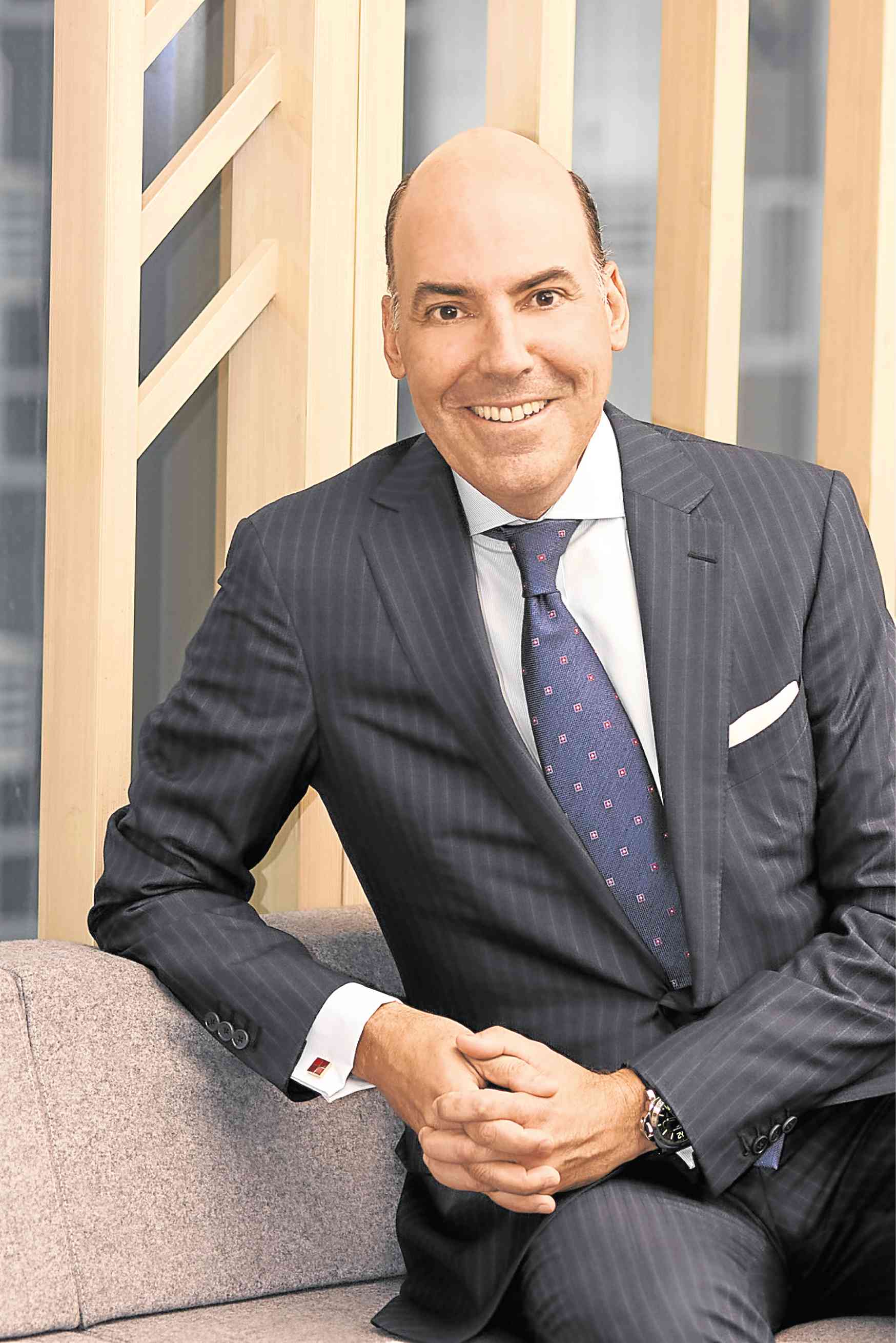Citi is serving its clients by putting banking in the palm of their hands. But this is no indication that the bank is withdrawing completely from human engagement and interaction.
By adopting the latest in digital banking technologies, Citi is simply, according to Francisco Aristeguieta, chief executive officer (CEO) for Asia-Pacific, responding to clients’ need to engage with the bank differently.
Digitization, he says, allows Citi to give its clients “much better offers that are contextual” and “more relevant and reflective of what you do and what you like.” He says Citi makes it a big priority to help clients accomplish their goals.
State-of-the-art technology ensures that Citi’s face-to-face interactions are being strengthened and deepened. “We have equipped our relationship managers with very powerful tools to engage clients, to provide quality advice and better insights around clients’ portfolios and the opportunities to invest,” Aristeguieta says.
“Success is really about being sustainably relevant to clients,” he says. Listening to clients and understanding their behavior, Aristeguieta says, are important in ensuring relevance. “The decision to digitize was driven by the change in clients’ behaviors as branches stopped being relevant.”
Branches, no matter how close to home or place of work, are not as effective and quick in delivering the services, information and other banking needs. With the prices of smart mobile phones coming down, Aristeguieta expects more people will take advantage of their many sophisticated features for banking and other purposes.
“[The changes] have allowed [Citi] to be better for our clients and also accomplish stronger results,” says Aristeguieta, who is also responsible for consumer operations in the United Kingdom, Russia, Poland and the United Arab Emirates, overseeing 60,000 people across the region.
Asian figures bear out the Asia Pacific CEO’s statement. The region now accounts for almost 30 percent of global revenues each quarter and has recorded eight quarters of consecutive revenue growth. Citi is widely considered Asia’s top bank, or as Aristeguieta puts it, pre-eminent bank.
The Philippines, where Citi has been doing business for more than a 100 years, is a major contributor to Asia’s impressive record. The country returned 11 quarters of consecutive growth and revenues are up 17 percent versus last year.
“We are blessed to be operating in this country and are proud to be part of the Philippine story,” says Aristeguieta.
Citi’s adoption of modern technology is aligned with its commitment to corporate citizenship or social responsibility. Aristeguieta says, more than ever, corporate social responsibility has become the key to success. Citi’s people, he says, “understand that success is not just about financial gains but also about being consistently socially responsible.”
He notes that even job seekers prefer to work in a company with a strong corporate citizenship program.
A member of the board of Citi Foundation, which works to promote economic progress and improve the lives of people in low-income communities around the world, Aristeguieta cites some Citi initiatives like Pathways to Progress, which helps develop young people and give them leadership, financial and workplace skills, as well as the Philippines’ search for outstanding entrepreneurs during the annual Citi Microentrepreneurship Awards.
Citi’s operations in the Philippines, he says, “is not only about serving our clients with distinction but also contributing to the country.” The bank is actively engaged in its host communities, pursuing projects and programs that are in sync with societal needs. Aside from financial inclusion and entrepreneurship, Citi is also involved in education programs and its employees are enthusiastic participants in the annual Brigada Eskwela initiative of the Department of Education to prepare public schools for a new school year.
For Aristeguieta, whether Citi is engaged in the daily business of banking or corporate citizenship, the need to be relevant guides the 200-year-old institution. —CONTRIBUTED


